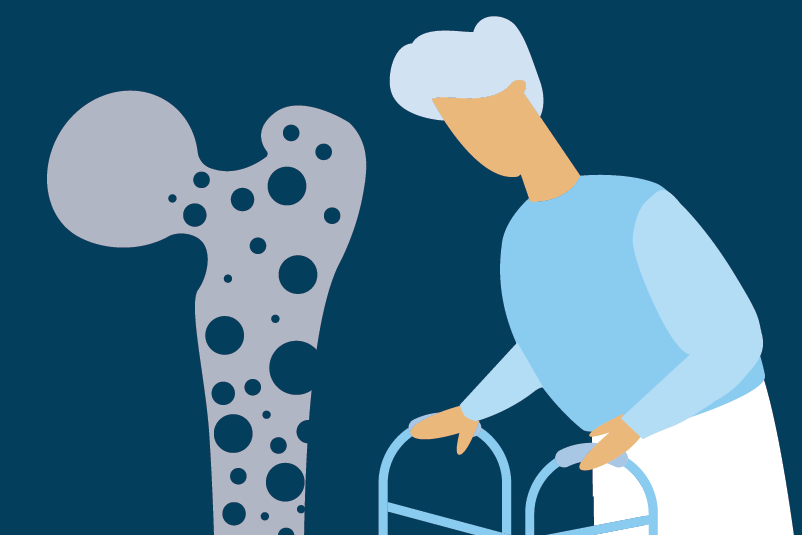#6 PPIs and clopidogrel: Never the twain shall meet?

Reading Tools for Practice Article can earn you MainPro+ Credits
Join NowAlready a CFPCLearn Member? Log in
- ~50% of retrospective observational studies, and ~25% of prospective observational studies found a significant association of increased CV risk with PPI + clopidogrel versus clopidogrel alone.
- Retrospective studies generally had higher risk of bias.
- One randomized controlled trial (RCT)2 of 3,761 patients receiving clopidogrel and ASA followed for a median of 3.5 months:
- No difference in CV events, omeprazole 4.9% versus placebo 5.7%.
- Limitations: Unplanned early termination, underpowered for CV comparisons.
- Non-randomized subgroup analyses of landmark antiplatelet trials.3,4
- PPI did not increase CV risk with either clopidogrel or prasugrel.
- PPI increased CV risk with both clopidogrel (HR 1.20) and ticagrelor (HR 1.24).
- Note: Ticagrelor does not require enzymatic activation and should therefore not be affected by the postulated PPI drug interaction mechanism.
- PPIs have inconsistent effects on surrogate markers of clopidogrel efficacy.1
- American guidelines12 (though based on outdated evidence) reasonably recommend careful assessment of the indication for PPIs, as they are frequently prescribed without a clear indication.13
- There is no consistent difference in CV risk association between PPIs, including pantoprazole.14






